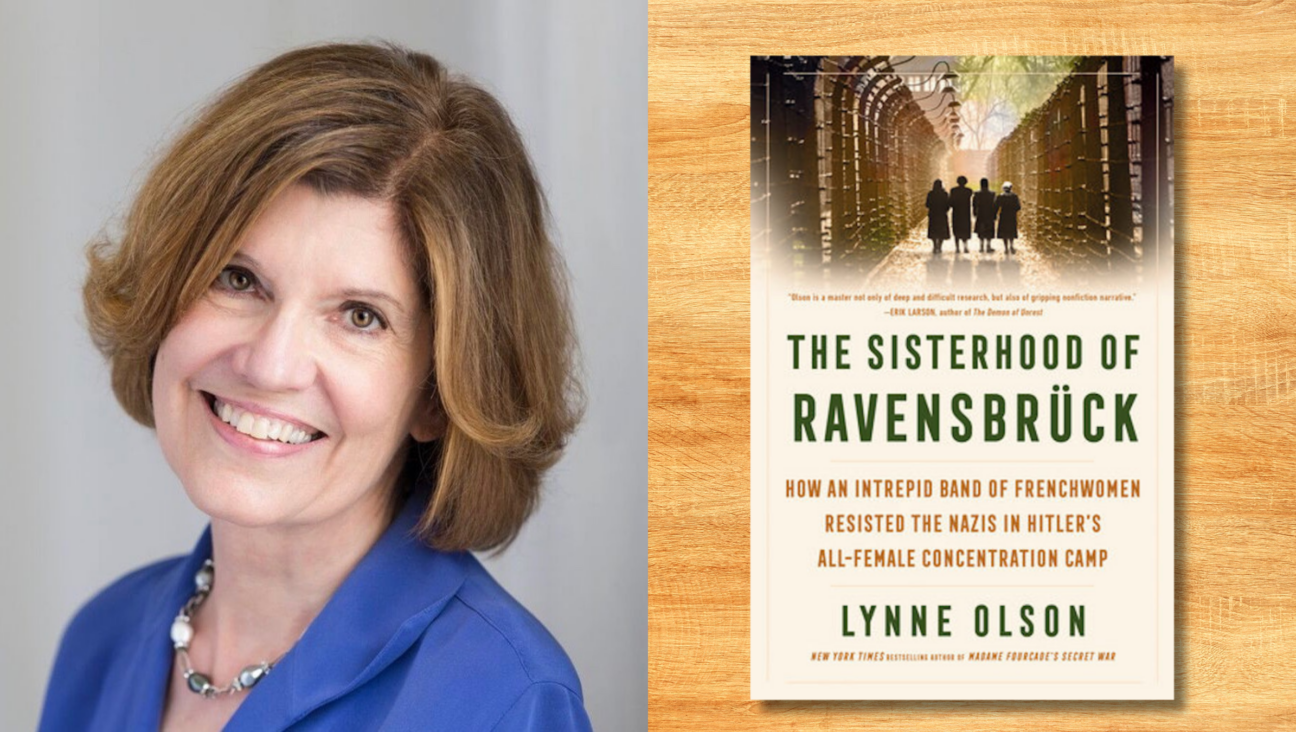30 Days, 30 Texts: ‘Engendering Judaism’

Graphic by Angelie Zaslavsky
In celebration of Jewish Book Month, The Arty Semite is partnering with the Jewish Education Service of North America (JESNA) and the Jewish Book Council to present “30 Days, 30 Texts,” a series of reflections by community leaders on the books that influenced their Jewish journeys. Today, Idit Klein writes about “Engendering Judaism: An Inclusive Theology and Ethics” by Rachel Adler.

I’ll never forget the first time I saw a page of Humash. My third grade rabbi pointed at the center of the page and explained, “This is the main story.” He then gestured to the text below, “now here is what someone named Rashi has to say about this.” He gestured to the left, “and here, what someone named Onkelos has to say, too.” He went on to explain that sometimes, Rashi and Onkelos would disagree. Sometimes, I or one of my classmates might have an idea that neither Rashi nor Onkelos mention. Sometimes, we would argue with one another or with him, our teacher, about what the story means. That was all good and just as it should be.
I feel blessed that my first encounter with Jewish text study introduced me to the Jewish textual tradition as an ongoing multivocal encounter in which the voice of every reader-learner is essential. As I grew older, though, and began to wrestle with the text in earnest, I found that many other teachers frowned upon such engagement. So it was with sweet relief that I read Rachel Adler’s “Engendering Judaism: An Inclusive Theology and Ethics” in my mid-20s. In Adler’s analysis, Judaism is a covenant of co-creation and infinite interpretation. This is a Judaism that invites all of us to participate, a Judaism that thrives only when we bring our full selves to the task. She challenges each of us to step forward and find our place in texts that seem to have forgotten, eclipsed, or demeaned our experience. As a queer woman in my mid-20s, Adler’s words led me back to my responsibility to myself as a Jew and to my tradition: to enter the fray with Rashi, Onkelos, and thousands of others, to read old meanings in a new light, to make new meaning.
In my work for gay, lesbian, bisexual, and transgender inclusion in Jewish life, I often recall Adler’s vow, “I will not abandon traditional texts, and I will not absolve them of moral responsibility.” Indeed, I urge other queer Jews and straight allies to hold fast to our tradition’s texts, to refuse to be abandoned by them and, in turn, refuse to let them lose us.
Idit Klein has served as Executive Director of Keshet since 2001. During her nine-year tenure, Klein has built Keshet from a one-person, local organization with an annual budget of $35 thousand to a ten-person, national organization with an annual budget of over one million. Under her leadership, Keshet developed a comprehensive training curriculum for GLBT inclusion and trained educators in 100 Jewish communities around the country to effect change. In Massachusetts, Klein mobilized over 30 congregations to defeat the proposed constitutional amendment to ban gay marriage. Klein also served as the Executive Producer of Keshet’s award-winning documentary film “Hineini: Coming Out in a Jewish High School.” Prior to leading Keshet, Klein was an activist in the queer women’s community in Israel and played a role in early organizing efforts to create the Jerusalem Open House. She has worked for social justice organizations in Jerusalem and in Boston including Shatil, the Israel/Palestine Center for Research & Information, and Community Work Services. A magna cum laude graduate of Yale University, Klein received her Master’s in Education from the University of Massachusetts Amherst with a focus on social justice and anti-oppression education. She is also a certified facilitator of the Center for Leadership Initiatives. Klein was among eight recipients of the 2003-2005 Joshua Venture Fellowship for young Jewish social entrepreneurs and was a plenary speaker at the 2007 Jewish Federations of North America General Assembly in Nashville, Tennessee. A past fellow of the Jewish Organizing Initiative (JOI) and current JOI board member, Klein was honored by the Jewish Women’s Archive with a Women Who Dared award.
























